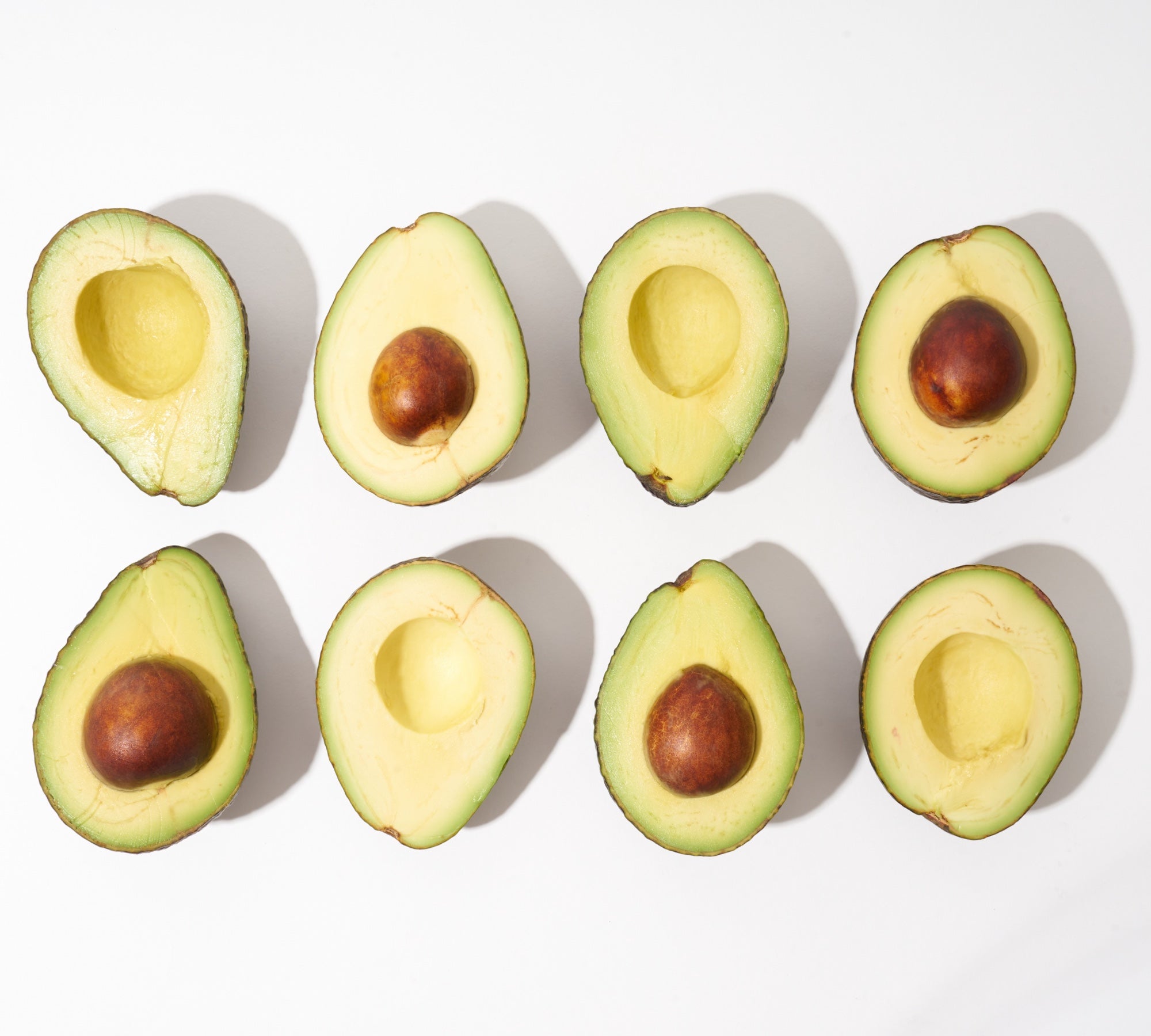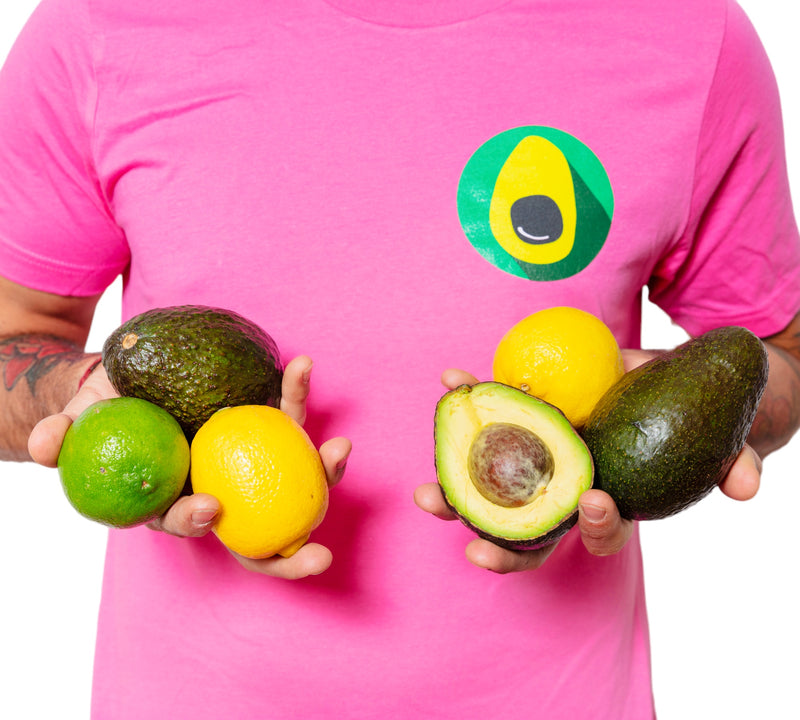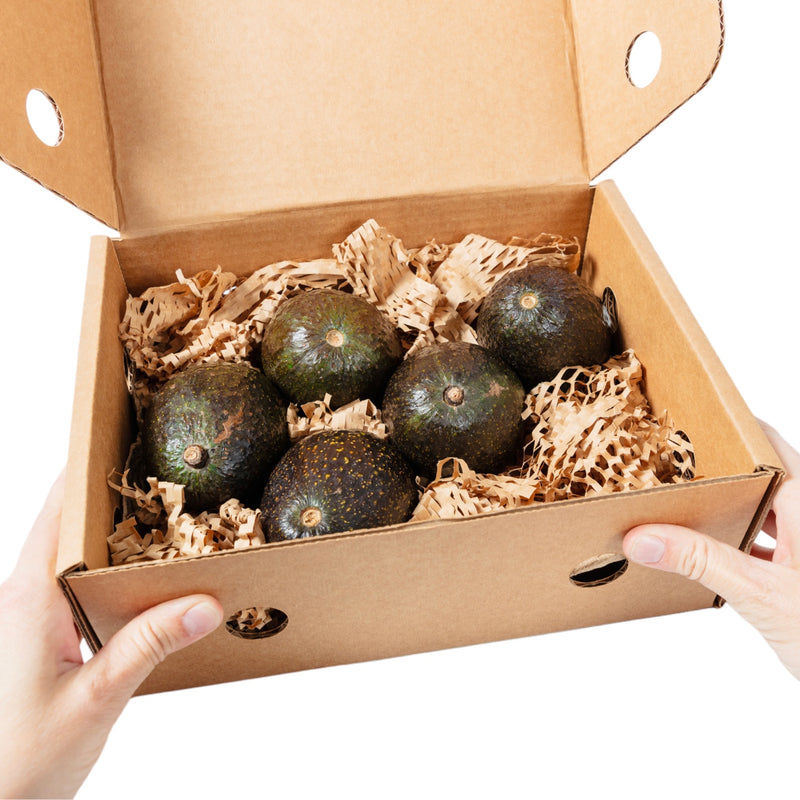Who is the Fattest of them all?

You guessed right: Whereas most fruits primarily contain carbohydrates, avocados are loaded with fats. Avocado is the fattest fruit and is followed by the less known smelly Durian, Plantains and olives.
An average size avocado is made of around 73% water, 15% fat, 8.5% carbohydrates — mostly fibers — and 2% protein. Fats make up to 80% of the fruit calories, making them even higher in fat than most animal foods.
Don't let the word FAT fool you. Despite what you may have heard, eating fat doesn’t make you fat — as long as you eat it in moderation. In fact, fat is an essential part of a balanced diet. Your body needs dietary fat for many different biological processes. Not getting enough fat can make it harder for your body to function the way it should and can lead to health issues.
Beware as all Fats are not created equal...
The BAD fats are Trans Fats and Saturated fats.
Trans Fats are found primarily in partially hydrogenated oils, are the least healthy type of fat for your body. Hydrogenated oils are often used to improve the taste and shelf life of processed foods. Fried and processed foods tend to contain trans fats.
Saturated Fats tend to be solid at room temperature. They are found in animal-based foods such as meat, poultry, dairy products, and eggs or in tropical oils such as palm and coconut oils.
You should try to consume these with moderation as consuming a lot of these types of fat can raise your risk of heart disease, stroke and Type 2 Diabetes.
The GOOD fats are unsaturated.
Unsaturated fat in avocados can act as a nutrient booster as they help the body to absorb fat-soluble nutrients like vitamins A, D, K and E. This is important because without fat these vitamins cannot be properly absorbed.
Monounsaturated fat (MUFA) can be found in oils such as avocado, olive, canola or peanut oil and tend to be liquid at room temperature but begin to turn solid when cold, MUFA can also be found in nuts and avocados. They provide nutrients to help develop and maintain your body’s cells, help lower bad cholesterol and increase the good cholesterol keeping your heart and arteries healthy.
Polyunsaturated fat: Oils rich in Polyunsaturated fats also contribute essential fats. These can be found in fatty fish, seeds and nuts. The body can’t make these fats but needs them so they must be obtained through diet. Omega-3 and omega-6 fatty acids contribute to lowering your triglyceride levels.
A few numbers
If you're following a 2,000-calorie-a-day diet, daily fat intake would be ~60g. Of that, saturated fat should make up no more than 50% of your fat intake. Always try to focus on unsaturated fat to stay as healthy as possible.
Half and avocado will provide you with an estimated ~10g of fat:
~1.5 g Saturated
~1.5 g Polyunsaturated
~7 g Monounsaturated
Let avocados support daily healthy eating and improve your health!




